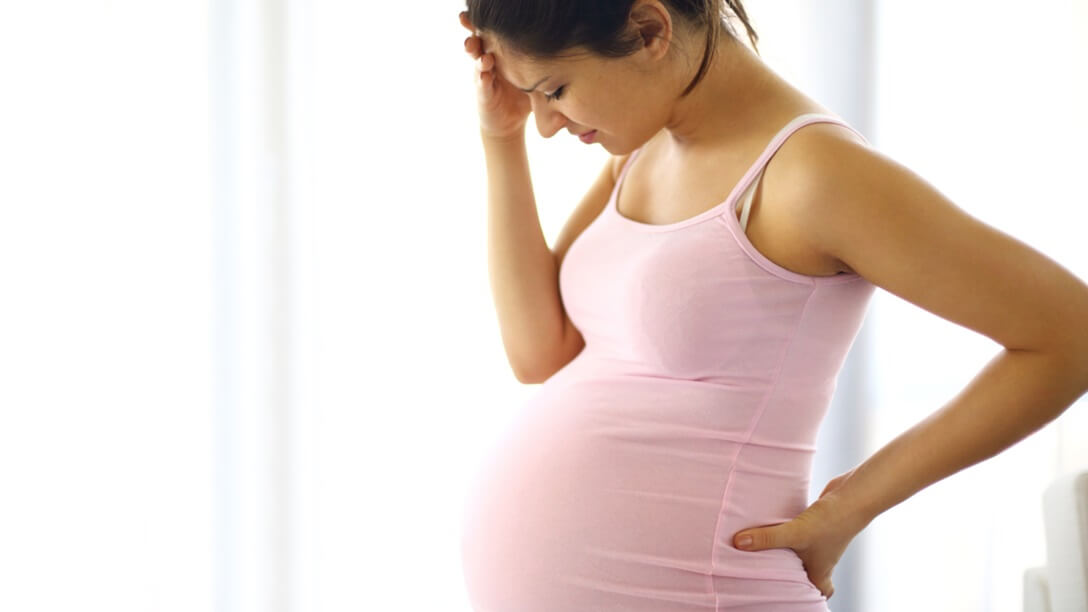The opioid epidemic has been making national headlines for years now, and it doesn’t seem to be slowing down. In fact, the number of babies born with opioid addiction is on the rise. If you are pregnant and struggling with opioid addiction, it is important to get help right away. This guide will provide you with everything you need to know about opioid addiction and pregnancy.
What are the Risks of Opioid Addiction and Pregnancy?
There are many risks associated with opioid addiction and pregnancy, and the most serious of these is the risk of overdose. Overdose is a leading cause of death in pregnant women who are addicted to opioids. In fact, the rate of overdoses among pregnant women has quadrupled in the last decade. This is because pregnancy can cause changes in a woman’s body that make her more susceptible to overdose.
Another serious risk of opioid addiction and pregnancy is the risk of preterm labor. Preterm labor is when a woman goes into labor before she is 37 weeks pregnant. This can be very dangerous for both the mother and the baby. Babies who are born preterm are more likely to have health problems and developmental delays. Apart from this, the babies could also suffer from several other problems, such as respiratory distress syndrome and cerebral palsy.
In addition to the risks mentioned above, opioid addiction can also lead to a number of other complications during pregnancy. These include low birth weight, placental abruption, and neonatal abstinence syndrome. Neonatal abstinence syndrome is when a baby is born addicted to opioids. It can cause a number of problems, such as tremors, crying, and poor feeding.
What are the Treatment Options for Opioid Addiction and Pregnancy?
If you are pregnant and struggling with opioid addiction, it is important to get help right away. The good news is that there are many treatment options available. One of the most effective treatments is medication-assisted treatment. This is where you take a medication, such as methadone or buprenorphine to help reduce your cravings and withdrawal symptoms. You may also get in touch with a healthcare professional for opioid withdrawal in West Palm Beach to ensure a safe and comfortable detox experience. They will provide you with the necessary support and care during this difficult time.
You should also consider getting counseling and behavioral therapy. This will help you deal with the underlying causes of your addiction and develop healthy coping mechanisms. If you have a baby, you may also want to consider enrolling in a parenting program. This will teach you how to care for your baby and keep them safe. It is important to remember to check out how long does opioid withdrawal last and what opioid detox treatments work and know that you are not alone in this. There are many resources and support groups available to help you through this difficult time.
To Sum It Up
With the help of this guide, you now have a better understanding of opioid addiction and pregnancy. Remember, if you are pregnant and struggling with opioid addiction, it is crucial to get help right away. Doing so will help reduce the risks to both you and your baby. So, don’t hesitate to reach out for help. It could be the best decision you ever make.

